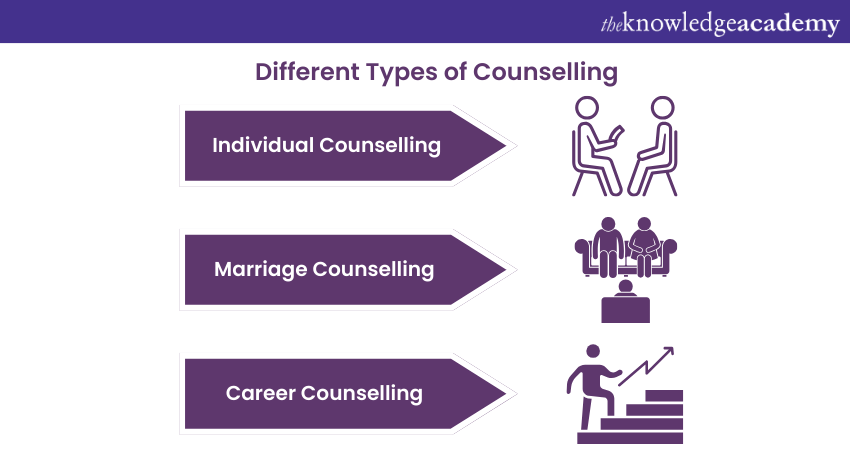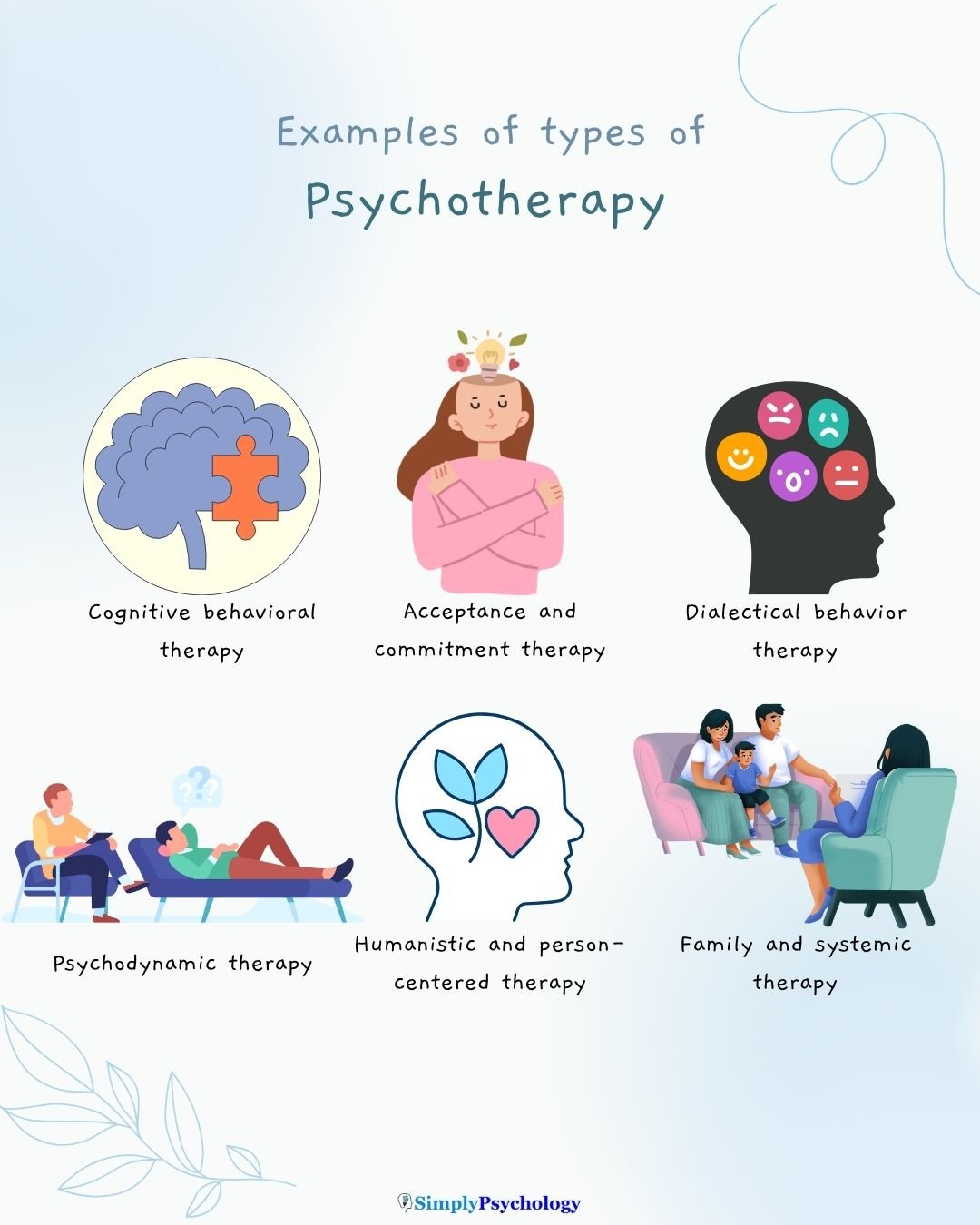Exploring the Benefits of Virtual Therapy in Modern Mental Healthcare
The rise of virtual therapy notes a considerable shift in mental healthcare. It uses boosted access, permitting people from diverse backgrounds to seek aid without geographical restrictions. Flexibility in scheduling accommodates varying way of lives, while the convenience of home can cultivate visibility. The implications of these adjustments expand past mere comfort. The developing landscape of therapy raises vital concerns about its long-term results on patient engagement and therapy end results.
Boosted Accessibility for All
Although conventional therapy commonly provides obstacles such as geographical area and organizing disputes, virtual therapy considerably improves access for people seeking psychological health and wellness assistance. By eliminating the demand for physical travel, virtual therapy permits clients from remote areas or those with flexibility difficulties to get in touch with certified professionals. This setting of therapy can get to underserved populations who might lack regional psychological health sources, consequently addressing differences in access to care. In addition, virtual platforms can provide to varied demands, providing solutions in multiple languages and suiting various cultural histories. Customers can engage with a wider variety of specialists, offering them with alternatives that straighten with their specific requirements and choices. This boosted availability fosters an extra comprehensive environment, allowing individuals to seek aid without the preconception commonly connected with in-person gos to. Overall, virtual therapy represents a considerable advancement in making psychological health care extra obtainable to all.
Versatility in Organizing Procedure

As virtual therapy remains to gain traction, its integral versatility in organizing sessions verifies to be a considerable advantage for several people. Unlike standard in-person therapy, virtual therapy enables clients to select session times that ideal fit their individual and expert commitments. This adaptability accommodates those with demanding work routines, household commitments, or other dedications that can make participating in physical consultations testing.
In addition, clients can conveniently reschedule or adjust their sessions as needed, decreasing the tension connected with rigid consultation systems. The availability of various time ports throughout the week, including nights and weekends, even more boosts availability. This adaptability not just motivates uniformity in attendance however additionally promotes a better dedication to the therapeutic procedure. Inevitably, the flexibility in scheduling sessions stands for a transformative shift in psychological healthcare, encouraging individuals to prioritize their health without compromising other aspects of their lives.
Comfort of a Familiar Atmosphere
The convenience of a familiar environment significantly boosts the performance of virtual therapy for numerous customers. Taking part in therapy from the security of their own homes enables individuals to really feel even more secure, decreasing stress and anxiety that may go along with standard in-person sessions. This knowledge can facilitate open communication, enabling clients to express their ideas and sensations more openly.
Moreover, the presence of personal things and the capability to regulate their surroundings can add to a complacency and leisure. Customers usually report that remaining in a comfy area enables them to focus much more on the therapeutic procedure instead than the establishing itself.
Furthermore, the casual nature of virtual sessions can aid dissolve barriers that might exist in a typical workplace environment, cultivating a much deeper link with specialists. On the whole, the comfort of acquainted surroundings plays a necessary function in enhancing the healing experience and performance for lots of individuals looking for mental health assistance.
Broader Variety Of Restorative Choices
A broader variety of therapeutic options ends up being readily available through virtual therapy, allowing clients to access numerous techniques that may not be viable in standard settings. This adaptability allows individuals to check out varied techniques such as cognitive-behavioral therapy, mindfulness techniques, art therapy, and also specialized interventions like trauma-informed treatment or dialectical behavior modification.
Customers can pick from a more comprehensive range of specialists, including those who specialize in specific niche locations or specific populations, improving the likelihood of discovering an appropriate match. Virtual systems often provide accessibility to team therapy sessions, assistance communities, and workshops that might be geographically inaccessible or else.
This range encourages customers to participate in their recovery procedure according to their unique preferences and requirements, possibly increasing motivation and commitment to therapy. As an outcome, the landscape of mental healthcare comes to be much more inclusive and versatile, dealing with a bigger selection of private experiences and obstacles.
Reduced Stigma Surrounding Therapy
Accessing therapy via virtual systems adds to a significant decrease in the stigma typically related to mental healthcare. By offering a discreet and check here exclusive environment, virtual therapy allows individuals to look for aid without the concern of being evaluated or determined. This anonymity attract those who may or else wait to seek in-person therapy as a result of social understandings surrounding psychological health.
Moreover, as the prevalence of virtual therapy rises, it normalizes the conversation around psychological health, making it a much more appropriate component of everyday life. Individuals frequently feel a lot more comfy reviewing their experiences on-line, advertising openness and decreasing sensations of isolation. The accessibility of these services additionally motivates a more comprehensive demographic to engage with psychological health and wellness resources, promoting a society of assistance as opposed to embarassment. Inevitably, the surge of virtual therapy plays a crucial function in improving attitudes in the direction of looking for help, adding to an extra accepting culture concerning mental health and wellness obstacles.
Cost-Effectiveness and Affordability

Lowered Session Costs
Several individuals looking for mental health and wellness support locate that virtual therapy considerably reduces session expenses contrasted to typical in-person alternatives. The elimination of travel expenses and time off job typically adds to general cost savings. In addition, several virtual specialists use affordable rates as a result of reduced overhanging prices associated with preserving a physical workplace. This change in expenditure enables clients to gain access to high quality mental wellness services without the economic stress that might feature traditional therapy. For several, this price makes it possible for extra constant sessions, which can boost treatment outcomes. Consequently, virtual therapy not only equalizes accessibility to mental health care yet also supplies a sustainable financial design that lines up with clients' budgets, making psychological wellness assistance extra attainable for a larger audience.
Increased Accessibility Alternatives
While typical therapy usually presents logistical barriers, virtual therapy greatly expands gain access to options for people seeking psychological health care. By eliminating the need for travel and allowing flexible scheduling, virtual therapy suits varied way of lives and commitments. This availability is specifically useful for those in remote locations or with mobility obstacles. Furthermore, the cost-effectiveness of virtual therapy decreases financial pressure, making psychological health and wellness services extra obtainable. Numerous platforms supply tiered prices or gliding scale charges, advertising price. Insurer progressively recognize virtual therapy, more improving its economic availability. Overall, virtual therapy not only broadens the extent of that can receive care yet likewise addresses economic barriers, making mental health assistance a lot more inclusive and obtainable for all.
Enhanced Continuity of Treatment
Improved connection of treatment becomes a considerable advantage of virtual therapy in modern mental health and wellness treatment. This method enables people to maintain consistent interaction with their therapists, no matter of geographical obstacles or organizing problems. virtual therapy. The adaptability of virtual sessions cultivates normal check-ins, which are essential for checking progression and adjusting therapy intends as essential
In addition, electronic health and wellness documents and telehealth platforms help with smooth details sharing among care suppliers. This interconnectedness guarantees that all experts associated with a patient's care are upgraded on therapy growths, leading to even more worked with and reliable treatments.
Clients usually experience decreased stress and anxiety and increased engagement as a result of the comfort of accessing therapy from acquainted settings. Such access boosts adherence to treatment regimens, inevitably enhancing outcomes - low cost therapy. To summarize, virtual therapy not just bridges spaces in psychological wellness services yet additionally strengthens the continuity of treatment, an important element of effective healing partnerships
Often Asked Inquiries
Exactly How Does Virtual Therapy Make Certain Privacy and Privacy for Clients?
The current concern addresses the measures virtual therapy employs to safeguard customer privacy. Making use of encrypted platforms, secure logins, and conformity with laws like HIPAA, virtual therapy guarantees that sensitive info stays private and hard to reach to unauthorized individuals.
Can I Switch Over Therapists Quickly in Virtual Therapy?
Switching over therapists in virtual therapy is typically straightforward. Customers can connect their wish for a change via the platform, allowing for versatility in locating a much better match without the logistical obstacles of in-person visits.
What Modern technology Do I Required for Virtual Therapy Sessions?
To get involved in virtual therapy sessions, an individual generally needs a trusted internet link, a computer system or mobile phone with a camera and microphone, and accessibility to a safe video conferencing platform defined by their therapist.

Are Virtual Therapy Sessions as Effective as In-Person Sessions?
Current studies indicate that virtual therapy sessions can be just as reliable as in-person sessions, depending upon the person's preferences and situations. Variables such as convenience and access might enhance the general therapeutic experience for some customers.
What Should I Do if I Experience Technical Issues Throughout a Session?
If technical problems arise during a session, one need to smoothly connect the problem to the therapist, effort to reconnect, or button to a backup technique. Patience and versatility are essential in taking care of these interruptions.